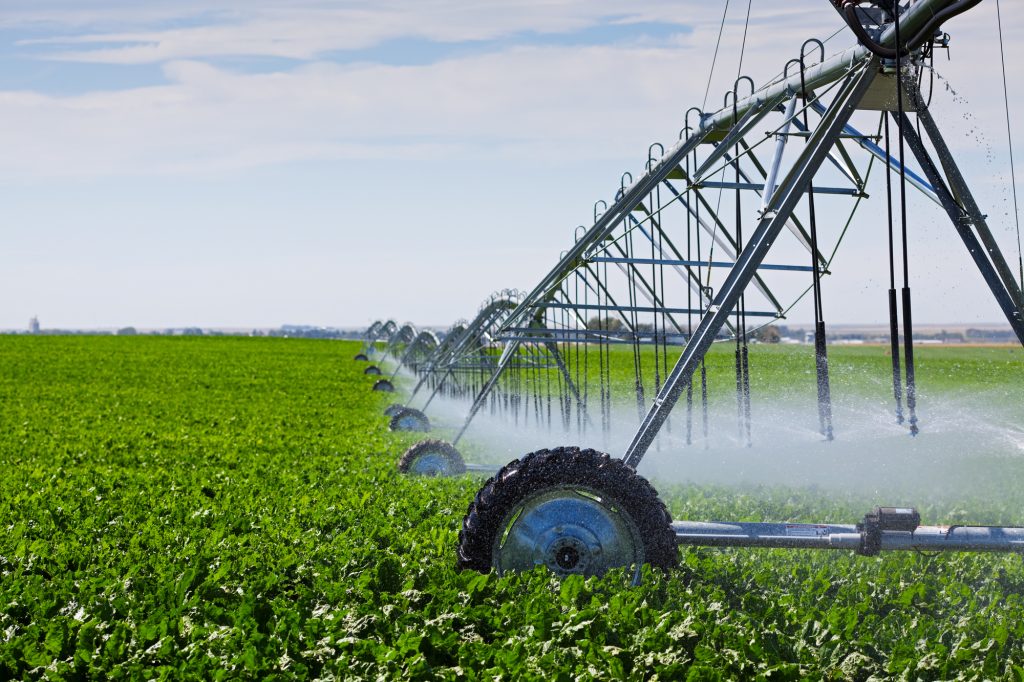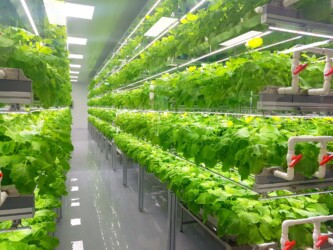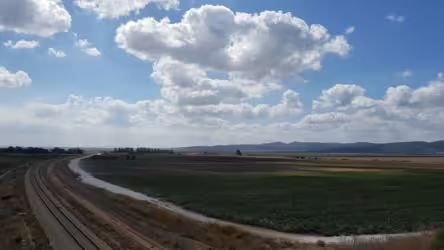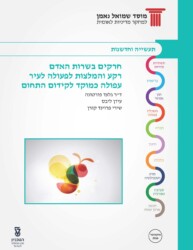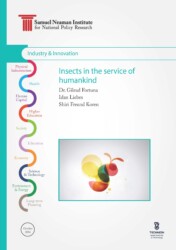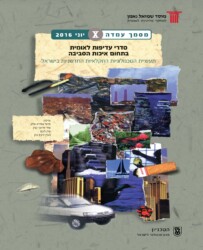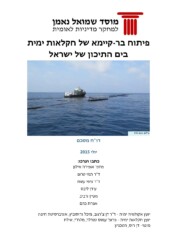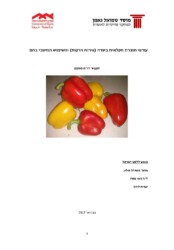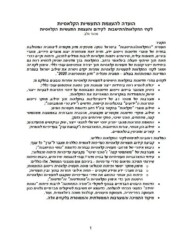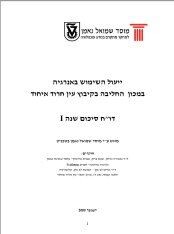Israeli agriculture is crucial for food security for the country’s residents, along with being an important industry that combines the export of fresh produce and the export of advanced knowledge and technologies. The achievements of Israeli agriculture are impressive because it manages to succeed against all odds – scarcity of land and water and an arid/ semi-arid climate in most of the country. The challenging conditions have produced constant efficiency improvements and innovation. Alongside the achievements, agriculture is in competition for land and water resources with other uses, and it also produces negative environmental impacts, including, soil contamination and loss, use of fertilizers and pesticides and more.
Samuel Neaman Institute’s publications examine various aspects of the field of agriculture in Israel, including the social contributions of agriculture; the possibilities for developing sustainable agriculture in conditions of scarcity; sustainable aquaculture; development and adoption of innovation and information technology in agriculture; issues in the management interface between agriculture and water, and more.
See also the document of environmental national priorities on the subject of Innovative agricultural technologies industry and a summary and recommendations of the discussion of the Water Forum on the subject of Water and agriculture.

